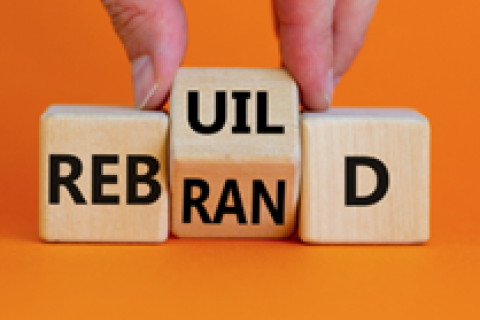
Intermarché (ITM) aims to increase its private label share of sales from 35% to 40% by 2026, representing an additional €2 billion in turnover. The number of private label brands will be reduced from 32 to 25, and the existing 9,500 SKUs will be redesigned. Currently, 85% of Intermarché’s own brands are manufactured in France, with 40% of products carrying a Nutri-Score A or B.
To enhance brand recognition, the new packaging will feature the Intermarché name in red and black on a white band at the top. The revamped products will gradually be appearing on the shelves starting March 2025. The facelift should be completed in March 2027.
The retailer is investing 10 million euros in the rebranding process. Alongside the review of its existing range, 350 new products are scheduled to be launched next year.
